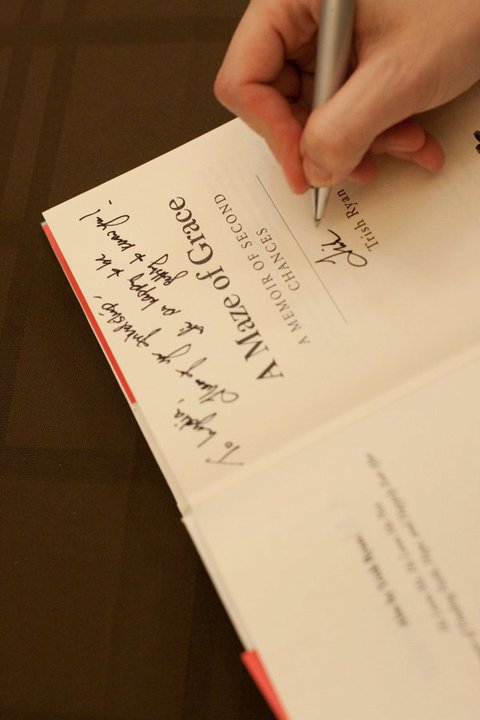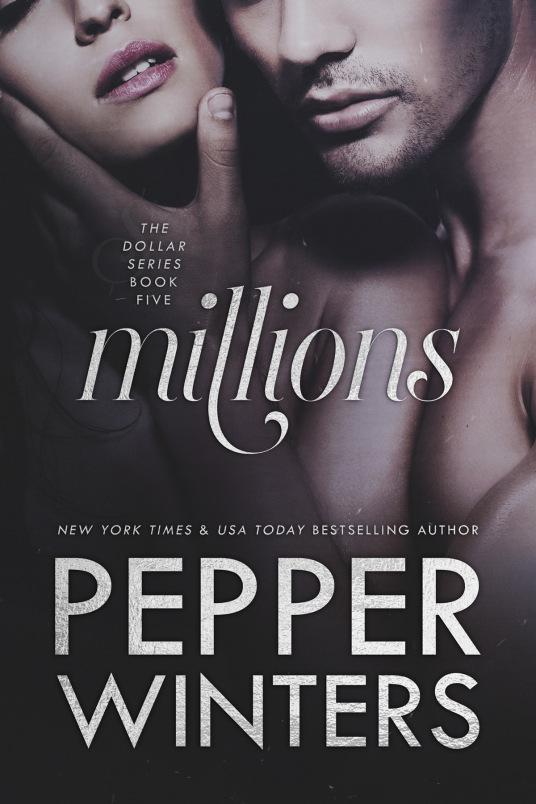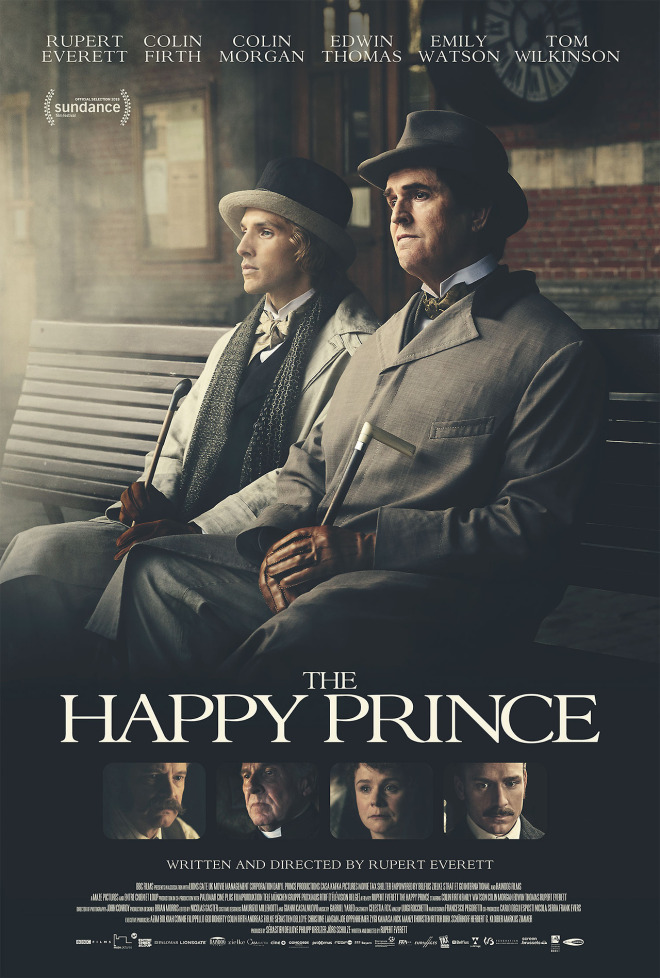 Lovers of beautiful music rejoice! This is the book you’ve wanted but could never find. Richard Powers’ Orfeo is a love letter to classical music. It’s the only way I can describe this beautifully written, engaging book.
Lovers of beautiful music rejoice! This is the book you’ve wanted but could never find. Richard Powers’ Orfeo is a love letter to classical music. It’s the only way I can describe this beautifully written, engaging book.
Powers introduces us to Peter Els, a composer and amateur scientist who’s homemade science lab has sparked the interest of Homeland Security. The story jumps between present day where Els’ is on run from the law, and his past as we see how his life was shaped by music and the people he met.

My favorite part of this novel is how Powers describes music and classical works. I’ve found with many ‘music’ themed books, that the author doesn’t have a very deep knowledge of musical terms and techniques. You end up with subpar writing and a lot of inconsistencies. I equate these types of books to this lovely photo of a man trying to use a violin bow on an electric guitar (with the worst bow hold on the planet). It’s rather an insult to musicians everywhere, because authors spend a great deal of time researching subjects to ensure accuracy in their writing, but they never seem to take the time to truly study and understand music. Maybe it’s taboo in the writing world to be well-versed in multiple art forms. Or maybe music is just A LOT of work (which it is). I don’t know. All I know is that as someone with a music degree, it hurts a little when authors write some truly unrealistic stuff.
Powers managed to make me love and appreciate music almost more than four years as a music major did. His writing about music is practically music itself. He spends several pages having Els describe The Quartet for the End of Time to his senior center music appreciation class. I actually learned a few tidbits about that work by Messiaen that I originally didn’t know. It also made me want to immediately listen to the entire piece and just bask in it. Powers captures the raw and sometimes bittersweet beauty in loving music and creating art. We see Els find inspiration and suffer defeat; we watch him struggle between wanting to succeed as a composer and wanting to find a good job and support his family. You receive an intimate view of Els’ life from 16 to 70, seeing as he grows and changes in his search for true music.
You get all that AND you get a neat story about a 70 year old man on the run from the feds for supposedly creating a terrorist bio-attack. It’s a lovely combination of lyricism and science fiction. If you’ve ever read “This is Your Brain on Music”, this is the fictional counterpart. Els loves music, but begins his college career working in chemistry. While he does eventually pursues composing, he also spends the rest of his life attempting to use chemistry and biology as a way to find music at the molecular level.
To Els, music and chemistry were each other’s long-lost twins: mixtures and modulations, spectral harmonies and harmonic spectroscopy. The structures of long polymers reminded him of intricate Webern variations. The outlandish probability fields of atomic orbitals–barbells, donuts, spheres–felt like the units of an avant-garde notation. The formulas of physical chemistry struck him as intricate and divine compositions.
Overall, the book isn’t so much about Els’ run from the law as it is a means to an end: a way for Powers to write an ode to music without it sounding like a dry and depressing textbook. People often shy away from classical music for the main reason that it’s ‘boring’. Oh nay nay, classical music is anything but, and Powers opens just the right door to introduce it to the world. He invites you in and regals you with stories, and you find exactly what you’ve been looking for all this time.
I wish I could accurately explain how this book made me feel, but putting that into words is not easy. I can say that I cried. So much of what Els feels is something I know on a deeply personal level. I pursued music with the belief that music is divine, something without definition. I think any musician, composer, music lover, what have you can relate to these feelings of utter heartbreak that come with pursuing something that is this entity far beyond the reaches of mankind.
I gave this five stars, but it deserves fifteen AT LEAST. If you enjoy music, I urge you to read this. If music is just noise on the radio to you, I still urge you to read this. If nothing else, it can introduce you to some absolutely stunning classical works out there that are placed on pedestals for very good reasons, and deserve to be listened to at least once. Even if you don’t listen to them, I urge you to read about the composers and why they wrote the works. Music has stories all it’s own, wanting to be read and understood.
If you’re feeling adventurous, I’ve included two of the works Els talks about in the story:
Messiaen was a 20th century composer who primarily worked in modern/contemporary. Reich is an American composer who pioneered the minimalist movement in the 1960s.
Advertisements Share this:





